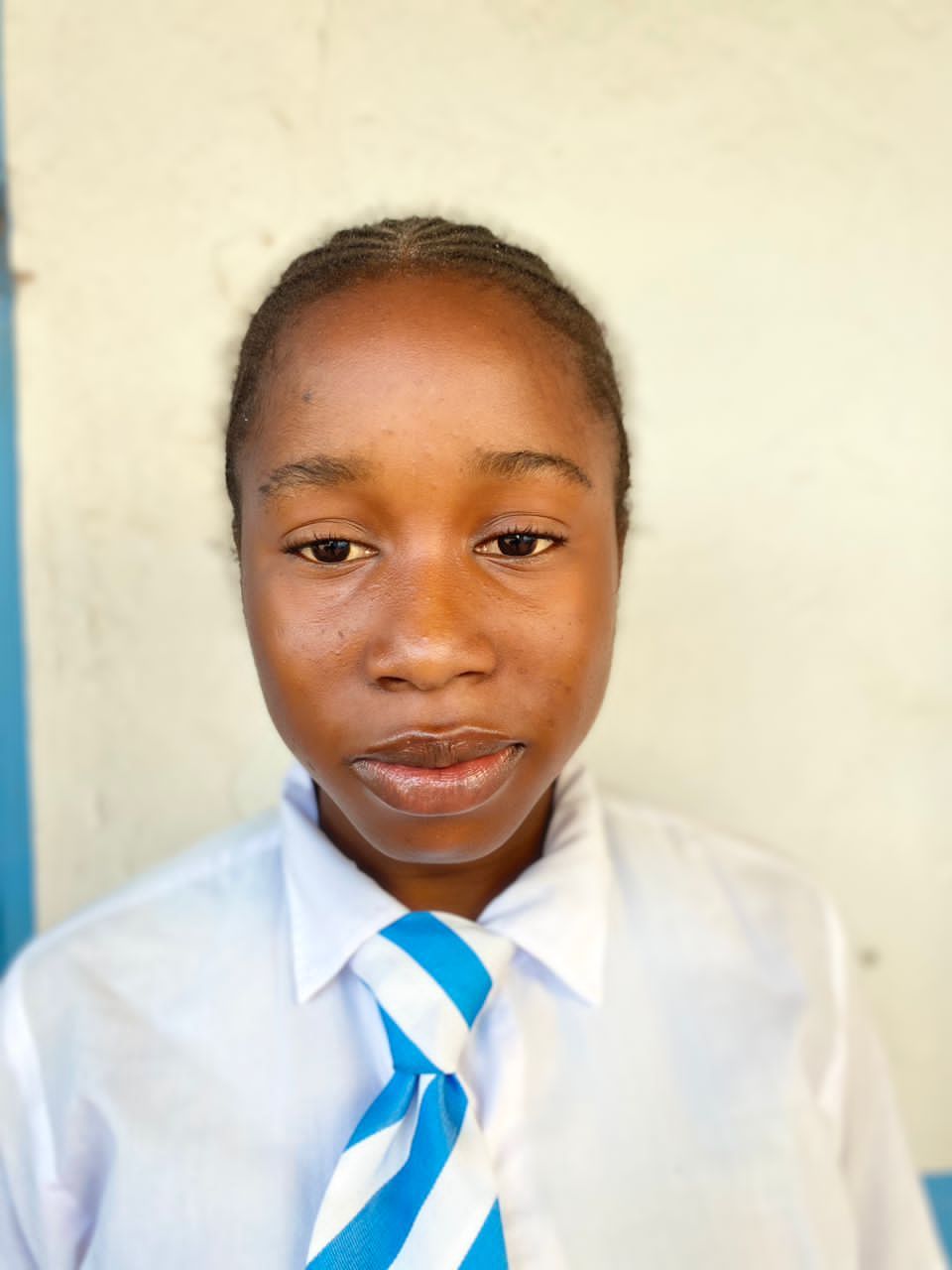The school I want to learn in - Therese
THERESE JATTA, ST JOSEPH’S SENIOR SECONDARY SCHOOL, BANJUL, THE GAMBIA
Success is no accident. It comes from hard work, perseverance, learning, studying, sacrifice and, most of all, love of what you are doing or learning to do.
First of all, what is a school? According to the Oxford Dictionary, a school is an institution at which instructions are given in a particular subject, or any institution for educating children. The school I want to learn in is the one that has a quality education, and this entails a lot of things.
Teachers are the most important resource when it comes to quality education. Not only teachers, but qualified ones for that matter, who have gone through the appropriate training and attained the required certificates to teach in schools. To begin with, education without teachers is no education at all, as they are the backbone of the educational system. Therefore, the need for good and qualified teachers should be well-valued, as we are the future leaders of the nation and we need the best education. Without them, students wouldn’t be able to fulfil their dreams of success in their educational journey.
Quality education is not only limited to qualified teachers but also a conducive learning environment. An environment which is not overpopulated, with classrooms that are well-equipped and ventilated, with learning materials and libraries with modern books which can help us read and explore the world.
Moreover, I want to be in a school where gender equality is fully supported and practised. A school where our views as students are supported and respected regardless of our gender. A school where I would linger with pleasure and share my thoughts without being in a state of dilemma and pressure. Gender equality is vital and important, a school where my rights are being protected and respected as a lady. Although we might not be of the same gender, that should not deprive me from having the same opportunities as others.
Furthermore, as the saying goes, a hungry man is an angry man. Therefore, learning cannot take place on an empty stomach. Zero hunger in schools should be something that is highly prioritized as food is a basic need of life. Therefore, the school I want to be in, is a school that strives by all means to eradicate hunger in school. The need to eradicate hunger in schools is of great importance as we are all from different backgrounds. So, providing food for the students can help to ease the burden on parents who are not financially stable enough, to provide three square meals for their children daily. When there is zero hunger in schools students will be able to learn comfortably during classes and learning can go on smoothly without any complications.
In addition, I want to be in a school that caters for the good health and wellbeing of their students, as the saying goes “He who has wealth has hope, but he who has health has all”. Health and wellbeing are one of the greatest things an individual can acquire in life. Therefore, the need for schools to cater for the wellbeing of their students is of high value as it can boost the appetite of the students to become more focused, because they are healthy and physically fit to be in school, and this can decrease the rate of absenteeism. So many students tend to be absent from school when they are sick, because they find it difficult to access health facilities. Therefore, by providing monthly check-ups, and vaccinations together with other preventive measures, this can make students really hungry for learning as they learn and stay in a healthy environment, together with them being physically healthy.
To end with, I want to be in a school that teaches me about climate change. First of all what is weather and what is climate? People often tend to mix their definitions. Weather is the day-to-day hourto-hour condition of the atmosphere, while climate is the average weather condition of a place. Human activities such as pollution, deforestation, and environmental degradation are some of the major factors that can contribute to climate change and global warming, which is increasing at a very alarming rate. I want to be in a school where afforestation is highly practised, as deforestation is one major factor affecting our lives and the livelihoods of our nation, and the world at large. Therefore, the need to sensitize people to climate change is important as it is causing world concern. One possible effect is an increase in the warming of the earth’s atmosphere as a result of the so-called greenhouse effect, and because prevention is better than cure, we need to come up with necessary solutions when the need arises.
In conclusion, the school I want to learn in is the one that helps in the improvement and betterment of education for our present-day generation. As educating the mind without educating the heart is no education at all.





